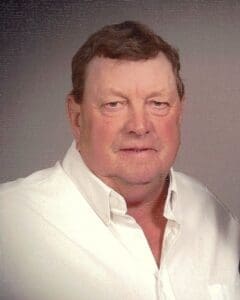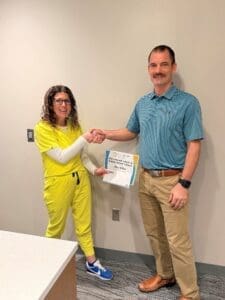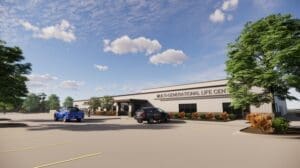A team of engineers from K-State is working on predicting how condensation and freezing happen using data from experiments done on the International Space Station (ISS).
Amy Betz, an associate professor and assistant dean, received nearly $400,000 from the National Science Foundation to create new models for understanding how ice and frost form.
The ISS has conditions that slow down ice crystal growth, allowing researchers to better visualize and study how frost and ice develop. They will analyze videos of surfaces using machine learning to automatically track and measure condensation and frost.
Betz is leading a four-year project called “ISS: Predicting condensation and freezing behavior via a machine learning model,” along with co-investigators Melanie Derby and Dr. Charles E. Wilson, and Hande McGinty.
“Frost and ice formation negatively impact many industries, including aviation, refrigeration and air-conditioning systems, consumer devices, clean water and agriculture,” Betz said. “The microgravity environment on the International Space Station allows for unique experiments that will help us better understand ice and frost formation on Earth. We will also use machine learning to analyze data from the ISS and from Earth to develop models for predicting condensation and freezing behavior.”
The goal of the project is to use the data from these models to design surfaces and processes that can help prevent frost formation in various applications.













